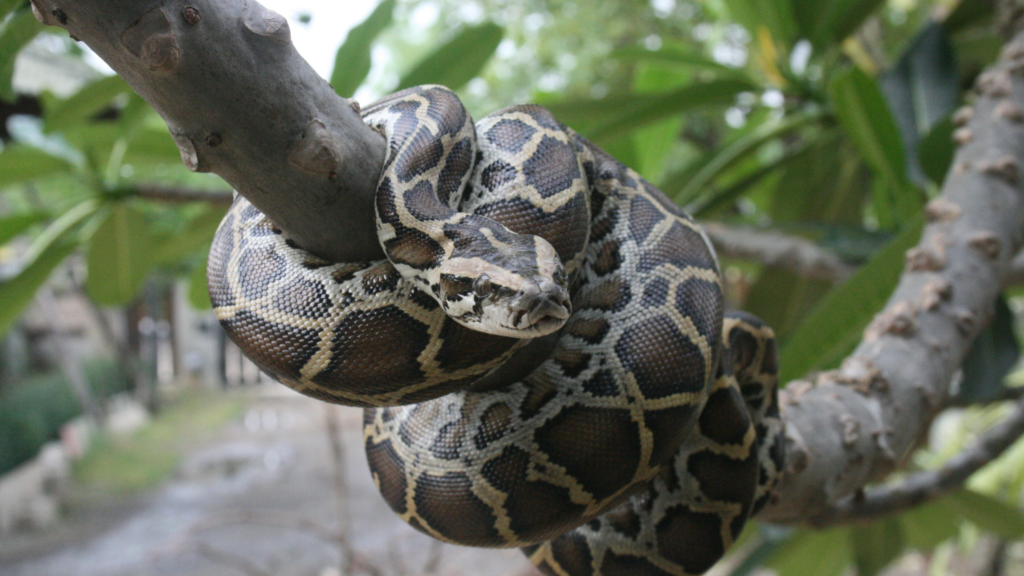Accelerating the Scale and Impact of the Southeast Regional Invasive Species and Climate Change Management Network (SE RISCC)

Project Information
Principal Investigator: Brett Scheffers (University of Florida)
Project Start: October 2024
Proposed Project Completion: September 2026
Implements Science Plan Theme: Invasive Species
Co-Investigators:
Wesley Daniel (USGS Wetland and Aquatic Research Center)
Stacy Endriss (University of North Carolina Wilmington)
Paul Evans (University of Florida)
Taylor Mattioli (University of North Carolina Wilmington)
Cayla Morningstar (USGS Wetland and Aquatic Research Center)
James Puentes (University of North Carolina Wilmington)
Overview:
An invasive species is a species that is not native to a location and that rapidly grows and spreads in its new range, often damaging native plants and wildlife. At present, the southeastern USA harbors thousands of invasive plants and animals, which were introduced intentionally through the plant and pet trade or unintentionally through other forms of commercial trade. Many of these invasive species currently have relatively small ranges in the southeastern USA, but they are expected to expand their ranges to new regions as the climate changes.
To plan and respond to the redistribution of invasive species, researchers, managers, policy makers, and the general public must coordinate existing information as well as identify information needs for the future. The ultimate goal of this project is to improve invasive species management in the face of climate change. The Regional Invasive Species and Climate Change Management Network (RISCC) provides a critical space for collaboration and research to effectively manage invasive species and mediate their future spread under climate change.
